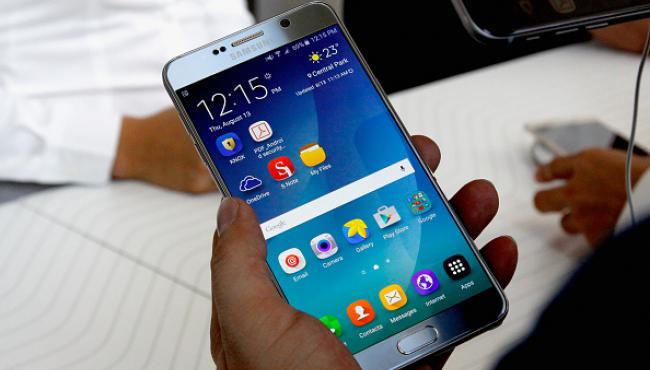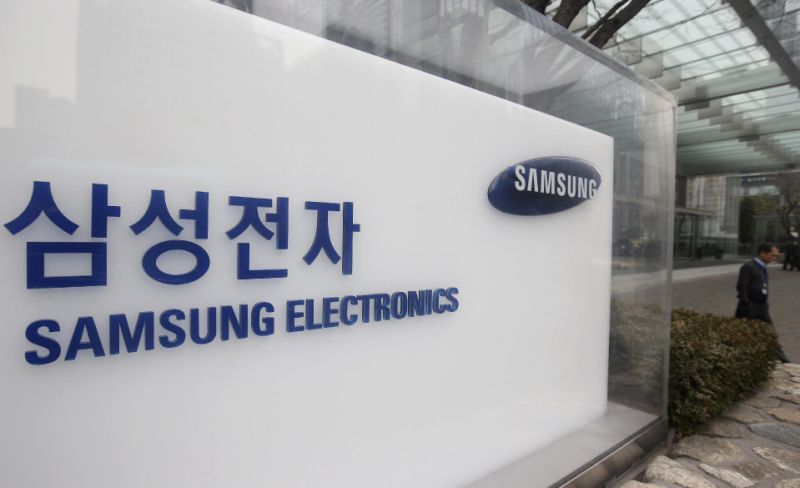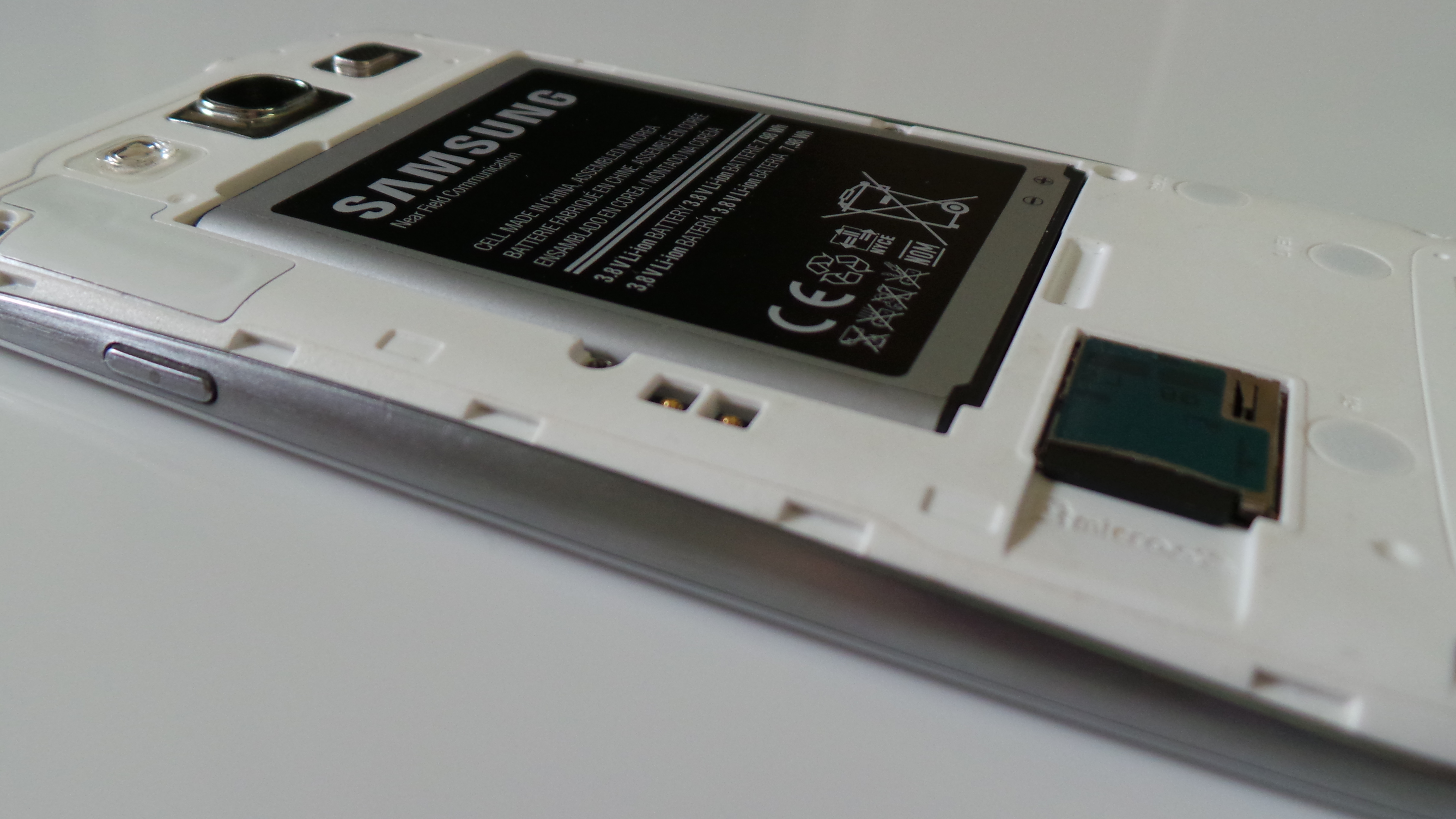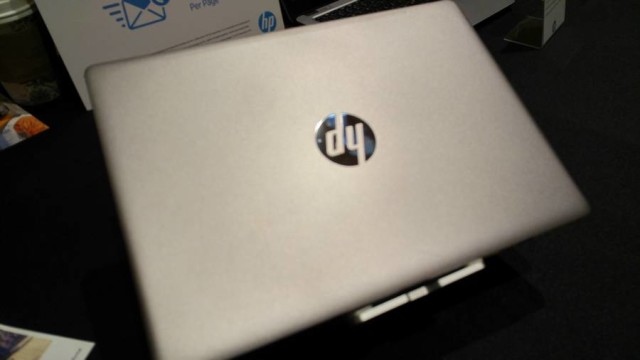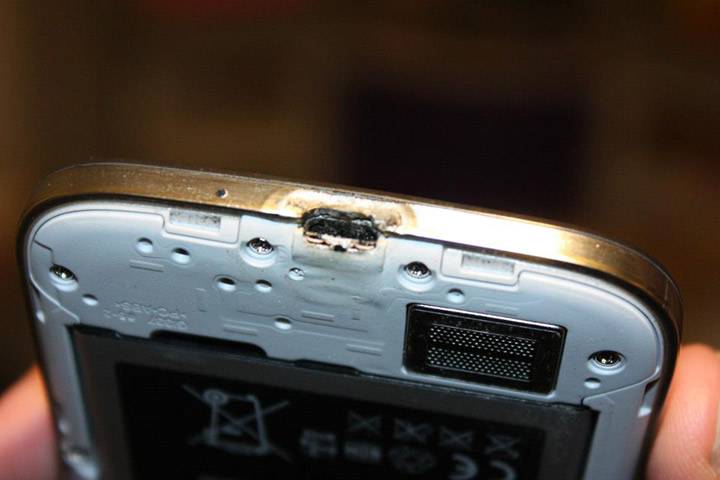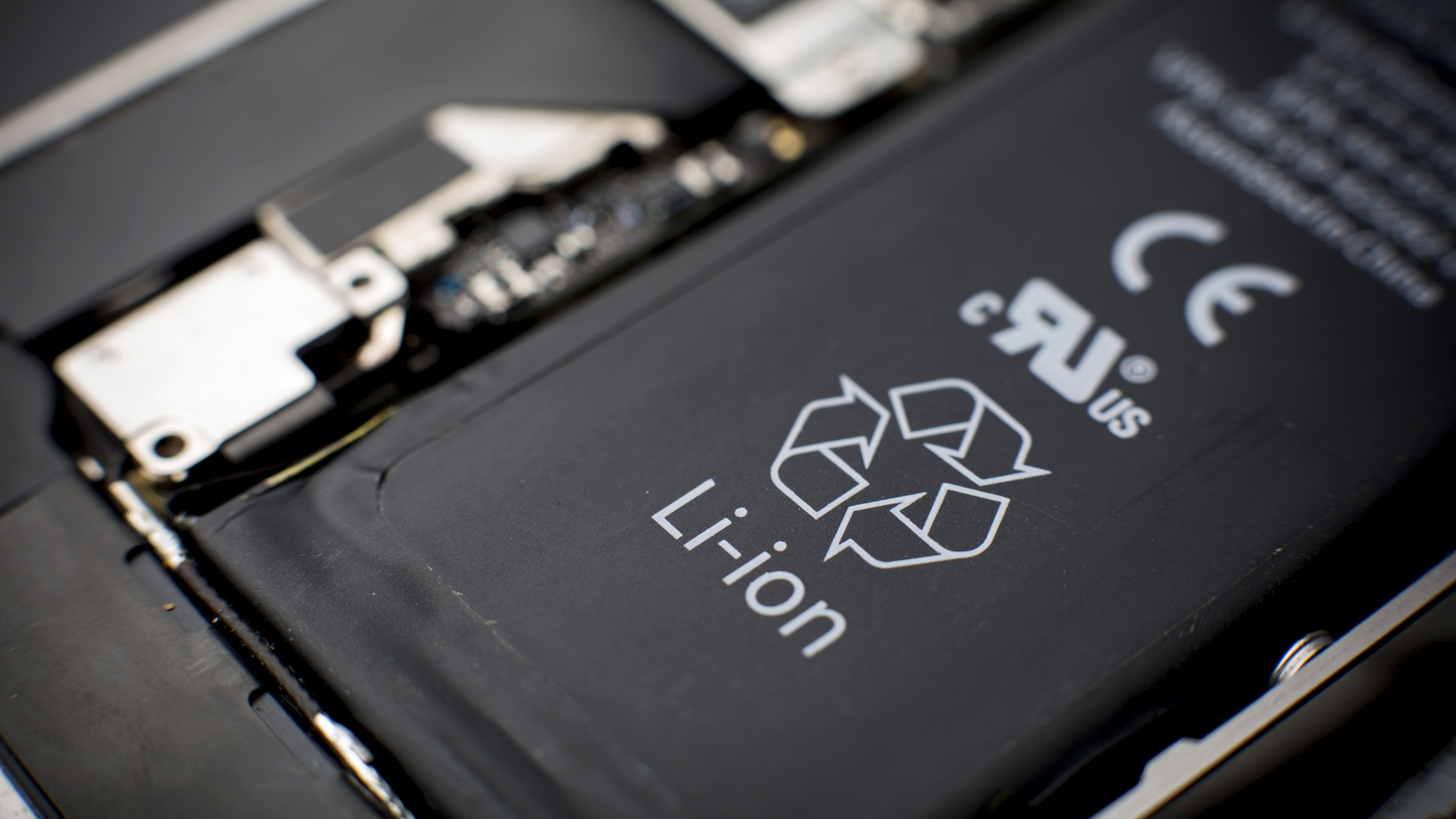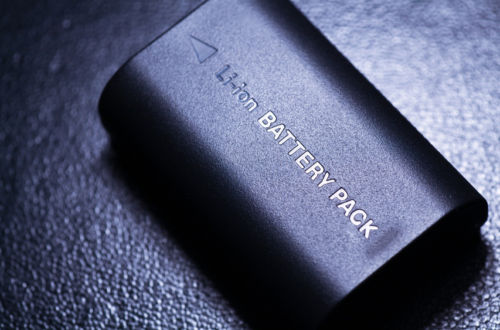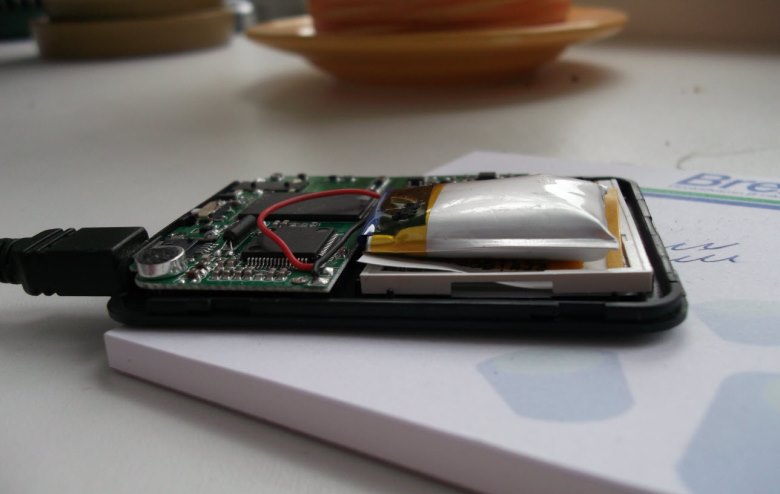Why Are Lithium-Ion Batteries So Prone To Catching Fire?
The recent Samsung Galaxy Note 7 disaster is just one of many cases involving the explosion of lithium-ion batteries.
The burning lithium-ion batteries that caused a massive recall of the Samsung Galaxy Note 7 will reportedly cost the Korean tech giant a whopping USD1 billion
The South Korean company may spend as much as USD1 billion, after deciding to replace all of the 2.5 million Note 7 phones that were shipped since they went on sale two weeks ago, according to estimates compiled by Bloomberg. Samsung would only say the amount was “heartbreaking.”
About three dozen of the devices were found to have batteries that caught fire and exploded.
Samsung said it had found a problem with the battery in some of the phones. It will offer customers a new product for free in the coming weeks in many countries, including Malaysia.
Samsung is committed to producing the highest quality products and we take every incident report from our valued customers very seriously. In response to recently reported cases of the new Galaxy Note 7, we conducted a thorough investigation and found a battery cell issue.
For customers who already have Galaxy Note 7 devices, we will voluntarily replace their current device with a new one over the coming weeks.
The massive recall highlights the conundrum many tech companies are facing, as they look for more powerful and easily recharged batteries to power high-end devices
A lithium-ion battery is a type of rechargeable battery in which lithium ions move from the negative electrode to the positive electrode during discharge and back when charging.
It has become increasingly popular over the years because of its lightweight and ability to store a lot of energy.
While they've been used to power everything from jets to smartphones, lithium-ion batteries have also caused fires and mass recalls, including the recent Note 7 incident
Back in 2013, an Ethiopian Airlines-operated Boeing 787 Dreamliner caught fire while on a remote parking stand in London's Heathrow Airport.
The fire was caused by wires for an emergency beacon's lithium-metal battery being crossed and trapped under the battery cover which probably created a short-circuit. It then led to the release of smoke, fire and flammable electrolytes.
In June, HP issued a recall for some HP and Compaq laptop computer after it was found that their battery packs could easily overheat.
Lithium-ion batteries were also implicated in at least two fires in Tesla electric cars after they ran over road debris that damaged the battery pack.
So what causes lithium-ion batteries to explode and catch fire?
According to physicist Jason Croy, lithium-ion batteries are no more inherently dangerous than other batteries, but they are more energy dense. At the same time, consumers are continually demanding more power for their devices.
That means lithium-ion batteries are increasingly called upon to hold more energy. The vast majority do it safely, but poorly designed, faulty or counterfeit batteries can sometimes burst into flame, explode or simply overheat.
The batteries work by moving a liquid particle between a positive and negative electrode to charge and discharge
In order for the particles to move smoothly, they're suspended in pressurised cells inside the batteries filled with flammable chemicals.
The movement of the particles causes heat as the battery is discharged and charged. If the battery was badly designed or improperly used or installed, that heat can ignite the chemicals, causing flames or explosions.
Aside from that, long term damage to the thin walls that separate different parts of the battery can also lead to short circuits
Short circuits can also occur when a battery charges too fast.
"Normally you would have a battery management system that controls the rate at which you charge. Batteries are optimised so that you don't charge too fast - if you do that you are at risk of spoiling it," said energy storage expert Professor Clare Grey from Cambridge University.
Thankfully, there are signs indicating that a battery is about to fail
Sometimes, a battery will start to swell and bulge before it fails completely. If you noticed some swelling on your battery, it's time to ditch it as soon as possible.
But the bulge doesn’t always happen. If not, you might notice that your device is a little warmer than usual.
